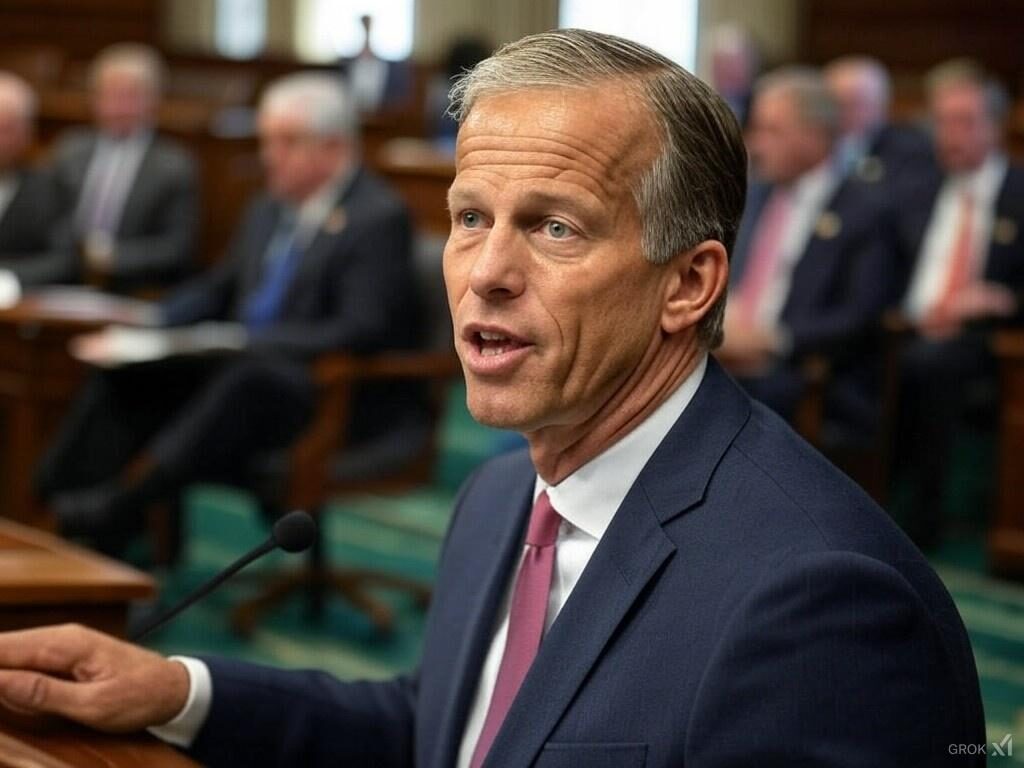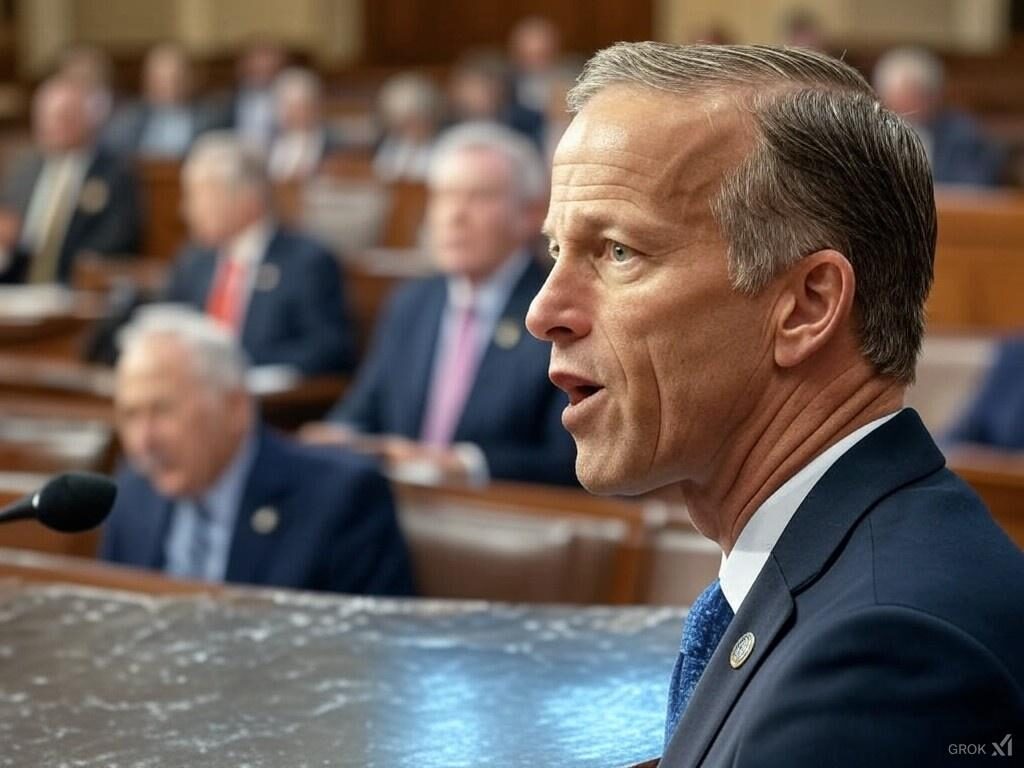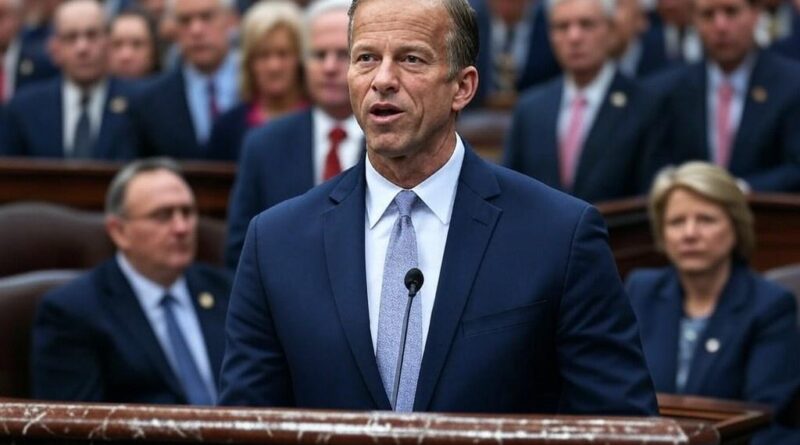New Majority Leader Thune Pledges to Preserve Filibuster
As the U.S. Senate begins its new session, Majority Leader John Thune has reaffirmed his commitment to preserving the filibuster, a procedural rule that requires a 60-vote threshold to advance most legislation. This announcement signals a critical stance in maintaining a tool often viewed as a safeguard against majority overreach but criticized for stalling progress on key issues.
Thune’s position highlights the importance of bipartisanship in a deeply polarized political climate and underscores the challenges of governing with a narrow majority.
What Is the Filibuster?

The filibuster is a Senate rule that allows minority parties to delay or block legislation unless it secures a supermajority of 60 votes. While it has been a cornerstone of Senate procedure for decades, it has also been a source of contention. Proponents argue that it fosters collaboration and prevents rash decision-making. Critics contend it often leads to legislative gridlock.
In recent years, calls to reform or eliminate the filibuster have intensified, especially as partisan divisions have grown. Thune’s pledge to preserve it reflects a belief in maintaining institutional traditions.
Thune’s Rationale
John Thune, a seasoned Republican leader, argues that the filibuster ensures minority voices are heard and prevents the Senate from becoming a mere extension of the House of Representatives, where simple majority votes dominate. He believes the rule encourages negotiation and compromises necessary to pass enduring legislation.
Thune’s commitment also aligns with the Republican Party’s broader strategy to check the legislative ambitions of Democrats, particularly on issues like voting rights, climate change, and healthcare reforms.
Bipartisan Reactions
Thune’s announcement has drawn mixed reactions from lawmakers. Republicans largely support his stance, viewing the filibuster as a vital tool for protecting conservative priorities. Many Democrats, however, see it as an obstacle to progress on urgent issues, such as reproductive rights and gun control.
Some moderates from both parties argue for reform rather than elimination, suggesting changes like a “talking filibuster,” which would require senators to physically debate on the floor to block legislation.
Public Opinion

The debate over the filibuster extends beyond Capitol Hill. While many Americans are unaware of the rule’s intricacies, those who follow politics closely often align their opinions with their partisan affiliations. Progressives view the filibuster as a relic that hinders democracy, while conservatives see it as a check on unchecked power.
Future Implications
Thune’s commitment to preserving the filibuster sets the stage for contentious legislative battles in the coming years. Key issues like the federal budget, infrastructure, and social programs will likely test the limits of bipartisan cooperation.
By doubling down on this procedural safeguard, Thune is shaping the Senate’s future dynamics. Whether his approach fosters collaboration or deepens divisions remains to be seen.



